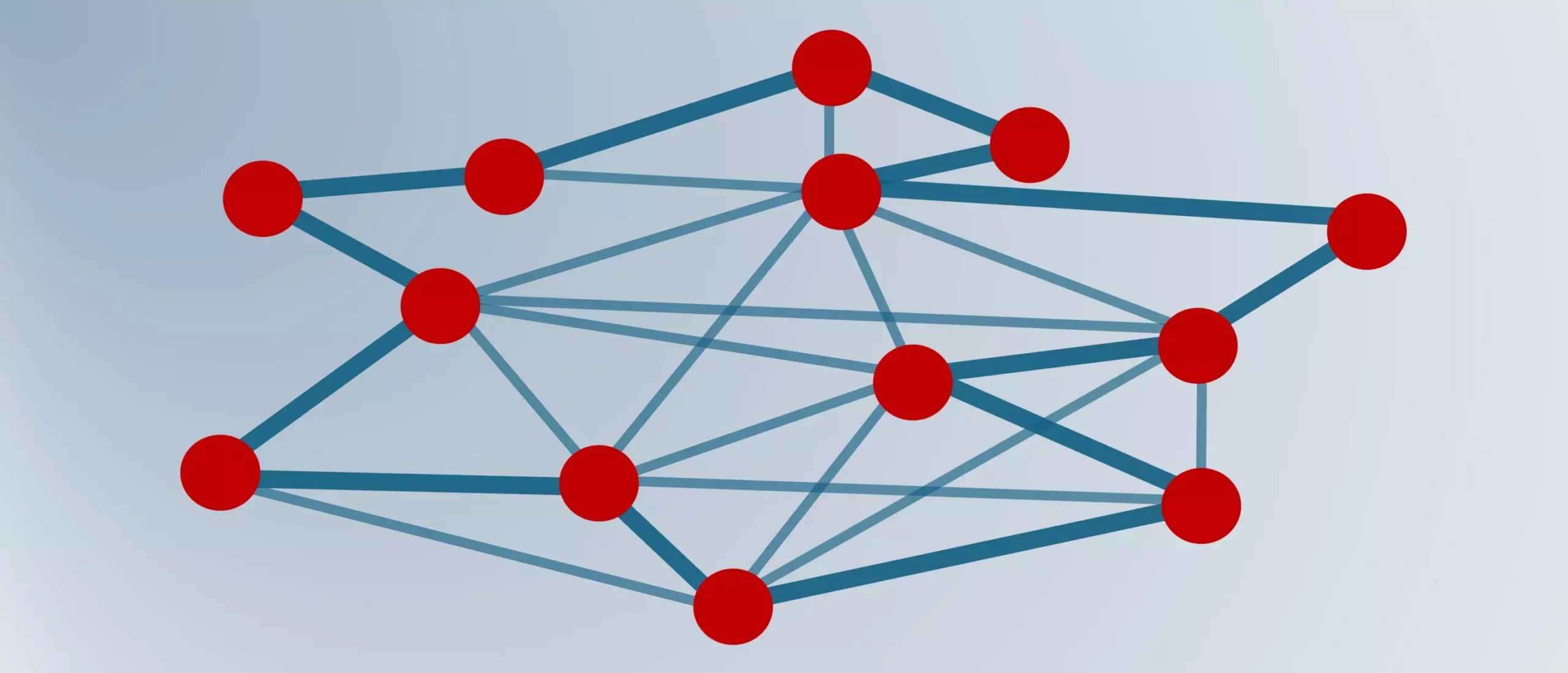The traveling salesman problem has long been a classic example of a combinatorial optimization problem, posing the question of finding the shortest route for a traveler to visit multiple cities and return home. As the number of cities increases, the complexity of the problem grows, leading to exponential computation times with conventional methods. However, a recent study by a team led by Prof. Dr. Jens Eisert from Freie Universität Berlin and HZB has shed light on how quantum computers can provide a more efficient and faster solution to certain classes of optimization problems.
Quantum computers employ qubits, which can exist in superposition states, enabling them to represent a wide range of values simultaneously. This contrasts with classical bits, which are limited to being either 0 or 1. While building large-scale quantum computers with numerous qubits remains a physical challenge, mathematical simulations have demonstrated the potential advantages of quantum computing in solving optimization problems.
Prof. Dr. Eisert emphasizes the rigorous approach taken by the research team in evaluating the advantages of quantum computing for optimization problems. By utilizing mathematical methods and analytical techniques, they have shown that quantum computers have the potential to outperform classical computers in solving specific instances of combinatorial optimization problems.
From Thought Experiment to Practical Applications
The team’s findings, published in the journal Science Advances, highlight the application of the Shor algorithm in solving a subclass of optimization problems, leading to significant reductions in computation time. By leveraging quantum computational operations, the team was able to demonstrate that the computing time for these problems increases polynomially rather than exponentially with the number of cities.
Vincent Ulitzsch, a Ph.D. student involved in the research, points out the qualitative improvements in solutions obtained through quantum computing compared to traditional approximation methods. The team’s approach, based on theoretical analysis and mathematical modeling, has revealed the fundamental advantages of quantum computers for specific classes of optimization problems.
The implications of this research extend beyond theoretical considerations, offering practical insights into the capabilities of quantum computers in optimizing complex systems. From railway networks to logistics and resource management, combinatorial optimization problems play a crucial role in various fields. The ability of quantum computers to provide more efficient and higher-quality solutions for such problems opens up new possibilities for improving decision-making processes and resource allocation strategies.
Prof. Dr. Eisert emphasizes the importance of dispelling myths and hype surrounding quantum computing, instead focusing on concrete results and implications. By demonstrating the advantages of quantum computing for combinatorial optimization problems, the research team has paved the way for further exploration of quantum algorithms and their real-world applications.
The study led by Prof. Dr. Jens Eisert and his team showcases the transformative potential of quantum computing in solving complex optimization problems. By harnessing the power of qubits and innovative algorithms, quantum computers offer a new paradigm for addressing challenging computational tasks and driving advancements in various industries. As quantum technology continues to evolve, the possibilities for efficient problem-solving and optimization are boundless.


Leave a Reply